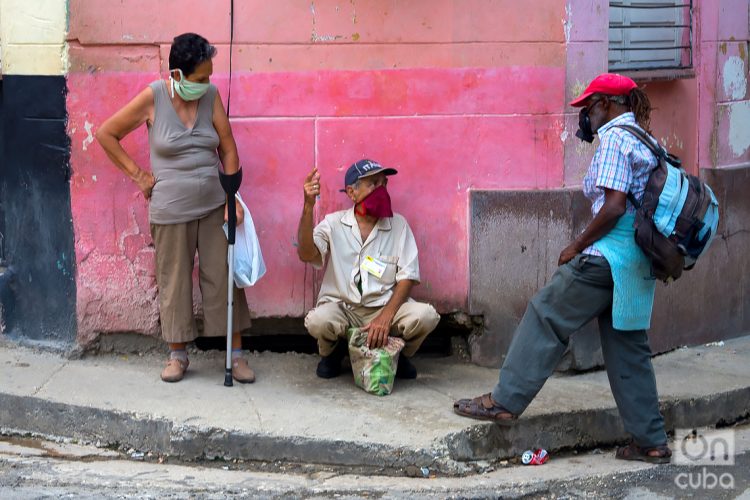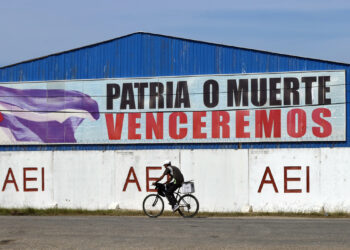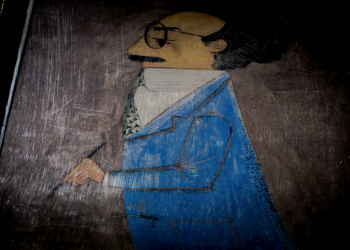Damage to the lungs, followed by kidney and cardiovascular deterioration, are the main short-term sequelae that COVID-19 has produced on patients in serious and critical condition in Cuba, official media highlighted this Wednesday.
The revelations are based on a study on the state of convalescents from COVID-19, presented at the most recent meeting between the President of the Republic, Miguel Díaz-Canel Bermúdez, and scientists and experts linked to the confrontation with the new coronavirus, reviewed by the official Cubadebate site.
In addition to the described conditions, a subclinical inflammatory state persists in patients who have reached intensive care. Each of these aftereffects were detected by CT (Computerized Axial Tomography) in more than 70% of convalescent patients without clinical manifestations.
La COVID-19 deja secuelas y no siempre son leves. Se insiste en la atención a los convalecientes. #CubaViva #CubaPorLaVida https://t.co/x0aXc6IFQj vía @PresidenciaCuba
— Miguel Díaz-Canel Bermúdez (@DiazCanelB) January 6, 2021
Of the patients with COVID-19, according to Dr. Lisset Sánchez, director of science and innovation and technology of the Ministry of Public Health (MINSAP), until this Tuesday 444 people had derived in serious and critical cases (3.5% of the total).
In addition to the organic failures previously described in these patients, the investigations, in line with others carried out in other countries, reveal psychological alterations in the patients, among which the most frequent are anxiety, depression and adjustment disorders. Along with this, the source highlights that asthenia, chronic fatigue syndrome and muscle pain are the most frequent somatic manifestations.
Secuelas renales de la COVID-19 en la mira de la ciencia cubana
Regarding the scientific achievements related to the confrontation with the new coronavirus in Cuba, the experts highlighted the treatment with autologous stem cells to lung lesions in recovered patients.
As a result of this therapy, eight out of ten treated patients decreased lung lesions; there was radiological improvement with a 47 percent decrease in post-COVID lung lesions; and an improvement in respiratory function tests was verified.
In the same way, given these results, Díaz-Canel called on the directors of the country’s oldest provinces and municipalities to implement actions aimed at the population over 65 years of age, which with various comorbidities, make up the most vulnerable demographic group.










